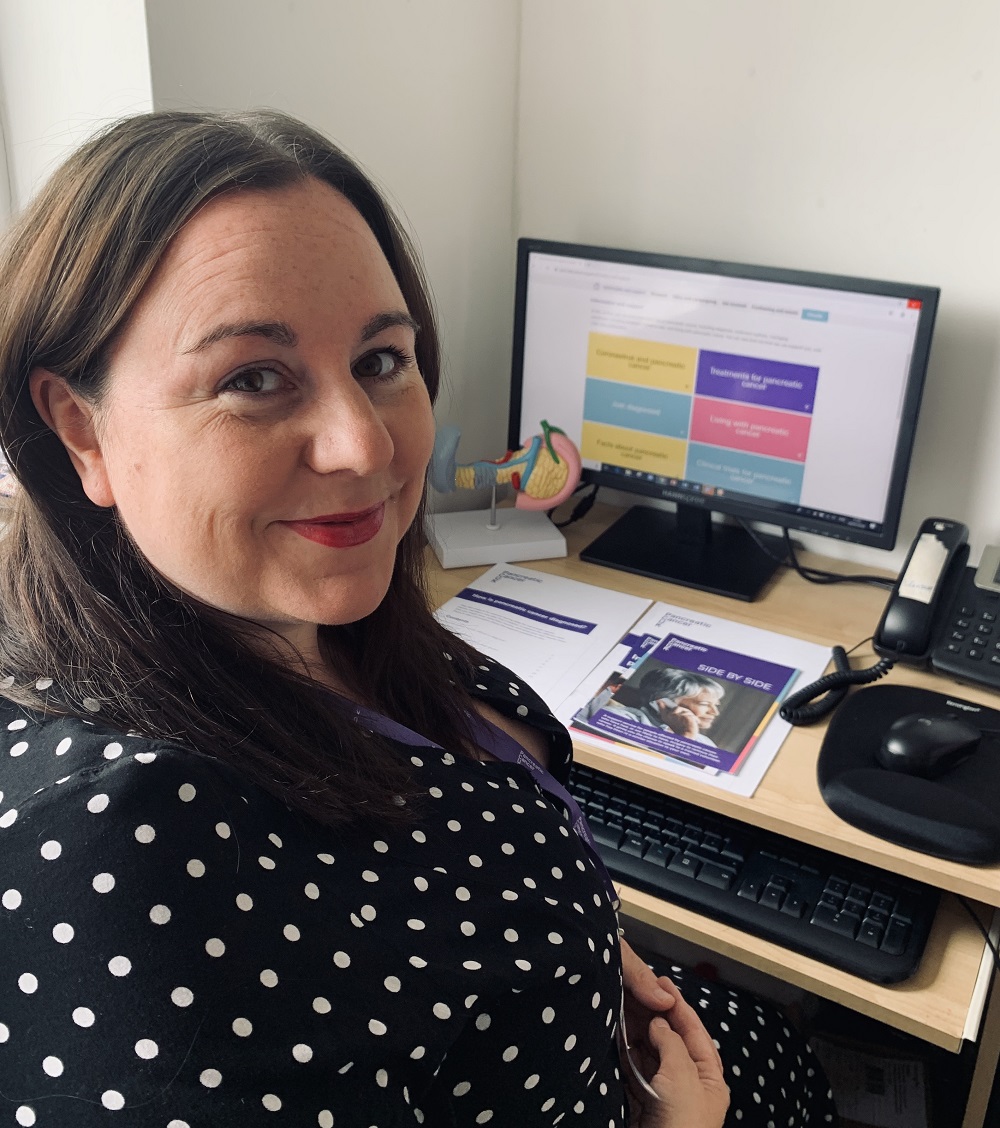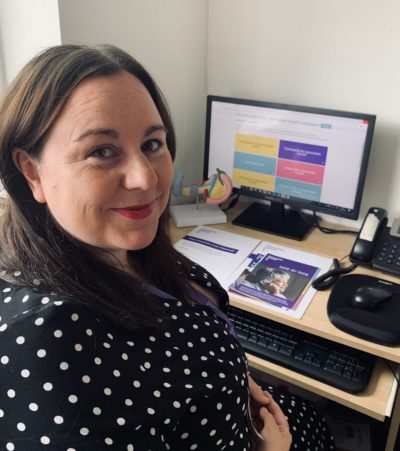



COVID Cancer Antibody Survey – Nurse Nicci and the NHS need your help
Take part in a survey looking at how well the COVID-19 vaccines work for people with cancer
PCUK specialist nurse Nicci encourages people to take part in an NHS survey that wants to find out how well the vaccines work for people with cancer. She also explains the booster vaccines and third dose.
What is the survey?
The NHS has launched a COVID Cancer Antibody Survey in England to look at antibody responses to the COVID-19 vaccines among cancer patients. Your body makes antibodies when you get an infection, to help fight the infection. This is an antibody response.
There is some evidence that a small number of people with cancer may have lower levels of antibody response to the vaccines than the general population. We don’t yet fully understand what lower levels of antibodies mean, but it may mean some people with cancer are not as well protected from coronavirus.
You can sign up to the survey now.
It’s really easy to take part. The survey is open to people aged over 18 living in England, who have either been diagnosed with cancer in the last year, or are currently having cancer treatment.
You need to visit https://covidcancersurvey.uk/ to sign up. You will be asked to fill in a short online form. You will then be asked to book a free antibody test.
You will be sent a finger-prick blood test that looks for antibodies against COVID-19 in the blood. It will be sent in the post and comes with everything needed to complete and return the test.
The NHS have told us that when booking your antibody test, one of the questions that website asks you is to confirm your employment status. Please ignore the text underneath this question, which asks you not to continue if you are not working. You do can get an antibody test whether or not you are working. Simply answer this question and click ‘continue’ – you will still be able to book your test. The website is being updated, and this message will be removed.
You can read more about the survey on our website.
What is the third dose of the coronavirus vaccine?
Chemotherapy and radiotherapy can affect your body’s immune system. There is some evidence that if you had the vaccine within 6 months of having by these treatments, you may not get as much benefit from two doses as other people. The NHS is now recommending a third dose for people who were having chemotherapy or radiotherapy in the six months before having the first two doses. This third dose will ‘top up’ your protection levels against coronavirus.
You should get the third dose at least 8 weeks after your second dose, ideally at least 2 weeks after finishing chemotherapy or radiotherapy. If you are still having treatment you should talk to your consultant about when is the right time for you to have the third dose. You may not have the same type of vaccine for your third dose as for the first two. Studies now show that it is safe to mix the different types of vaccine.
If you weren’t having chemotherapy or radiotherapy in the six months before you had your vaccine, two doses are enough.
What is the booster vaccine?
A booster vaccine means having another dose to give your longer term protection from coronavirus. It is different to the third dose. A third dose improves your protection against coronavirus. A booster dose will mean that you are protected for longer. Further advice will be given in due course about booster vaccines for people having a third dose.
The booster will be available on the NHS for people at higher risk from COVID-19, and who have already had 2 doses of a vaccine. This includes:
- people aged 50 and over
- people aged 16 and over with a health condition that means they are at high risk of getting seriously ill from coronavirus
- carers aged 16 and over.
You will be offered a booster dose at least 6 months after you had your second dose of the vaccine. Most people will be offered a booster dose of the Pfizer/BioNTech or Moderna vaccines.
If you are due a third dose or a booster vaccine, the NHS will contact you, and ask you to book an appointment.
Read more about the coronavirus vaccine programme and the NHS survey.
If you have any questions about the vaccines, pancreatic cancer or how coronavirus might affect, do get in touch with me and the other specialist nurses on our free Support Line. Call us on 0808 801 0707, or email us. We’re here to help.
Take care and keep safe,
Best wishes
Nicci.

